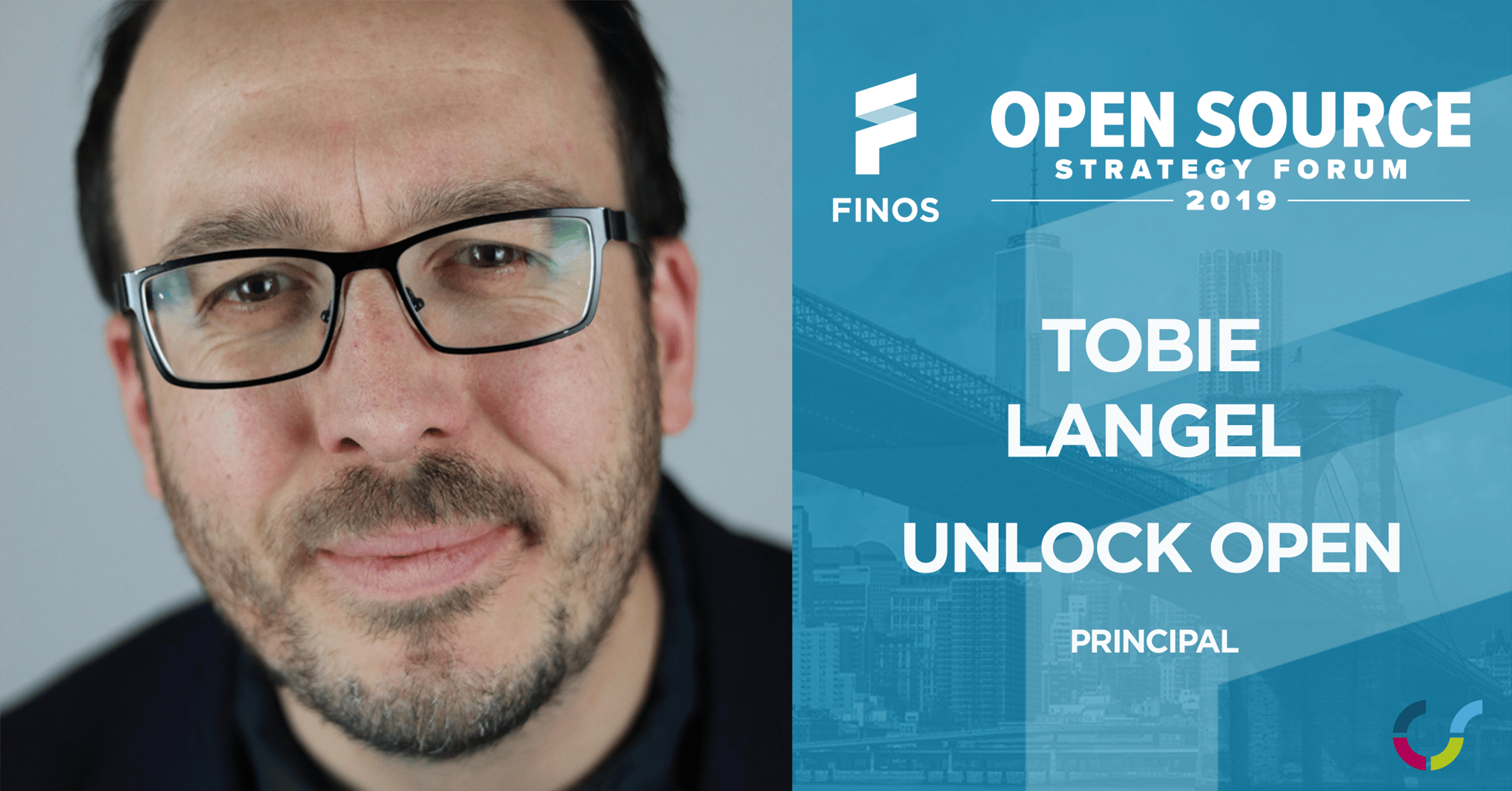

From Laggard to OS Power House - A transformative Journey to Successfully Build a Strong Open Source Culture
Contributing to open source is finally catching on. It's climbing the Hype Curve, and everyone wants in. Predictably, Open Source Programs Office are springing up like mushrooms after the rain, and so are job offers for people to run them.
And yet, tentatives to join the movement are fraught with desillusion. After an initial honeymoon, the desired outcomes too often fail to materialize. Few employees end up contributing. Communities don't magically coalesce around hastily open sourced internal projects. Hiring pipelines don't overflow with topnotch candidates. And despite what feels like a substantial investment, little value—if any—is captured.
There's a reason for that.
Building a strong open source culture is transformative. And while grassroot support is key, you don't obtain that kind of outcome without a top-down mandate hinged on a solid business strategy. But because we don't get to see the upstream work involved, we often incorrectly assume there isn't any. As a result we confuse visible tactics with the underpinning strategy and end-up launching open source programs offices out of fear of missing out.
In this talk, we'll look at what happened behind the scenes of companies which successfully transformed their culture to morph into open source power houses, and we'll find out how you can do so too.

Tobie Langel is the founder of UnlockOpen, a boutique consulting firm that helps organizations think strategically about open source. His clients include top tech companies like Google, Microsoft, Intel, and Mozilla.
Tobie Langel is the facilitator of AMP’s Advisory Committee and sits on the Advisory Board of OASIS Open Projects.
Previously, he was a member of Facebook’s Open Source and Web Standards team, and was Facebook’s Advisory Committee representative at W3C.
An avid open-source contributor, Tobie Langel is known for having co-maintained the Prototype JavaScript Framework and for numerous open source projects. He also edited a number of Web standards (notably WebIDL), and led W3C’s Web platform testing effort.